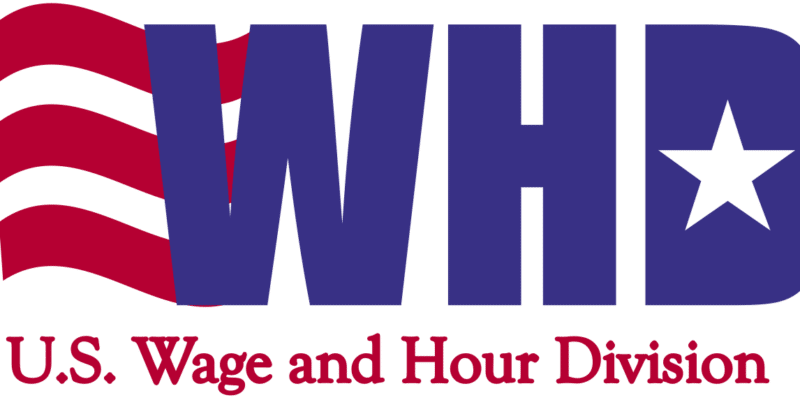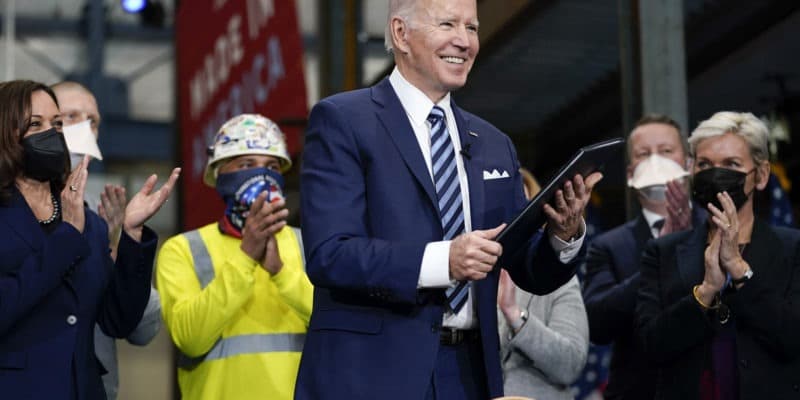Steve Althouse | Feb 16, 2022
Updated Feb 24, 2022
ALLENTOWN, Pa. – Allentown City Council approved an ordinance requiring contractors meet additional requirements to work on city projects Wednesday night. The vote was 4-3.
The ordinance requires, among other things, firms to provide proof that subcontractors participate in a class A apprenticeship program in their respective field.
Approval was granted after a debate by councilmembers, along with contractors and construction company owners, during the public comment session of Wednesday’s well-attended meeting. …
The responsible contractor ordinance stipulates that a contractor attempting to secure city building contracts greater than $100,000 offer class A apprenticeship programs. The program must conform to U.S. Department of Labor standards.
In addition, contractors “must make every effort to employ persons residing within the Lehigh Valley,” and in no event shall less than 80% of the labor force working on the project be Lehigh Valley residents on any project worth more than $25,000.
A contractor must also pay all craft employees the current wage rate and fringe benefits required by federal, state and local governments.









